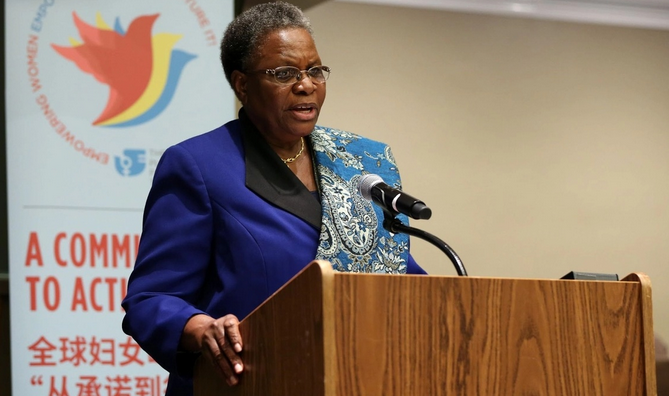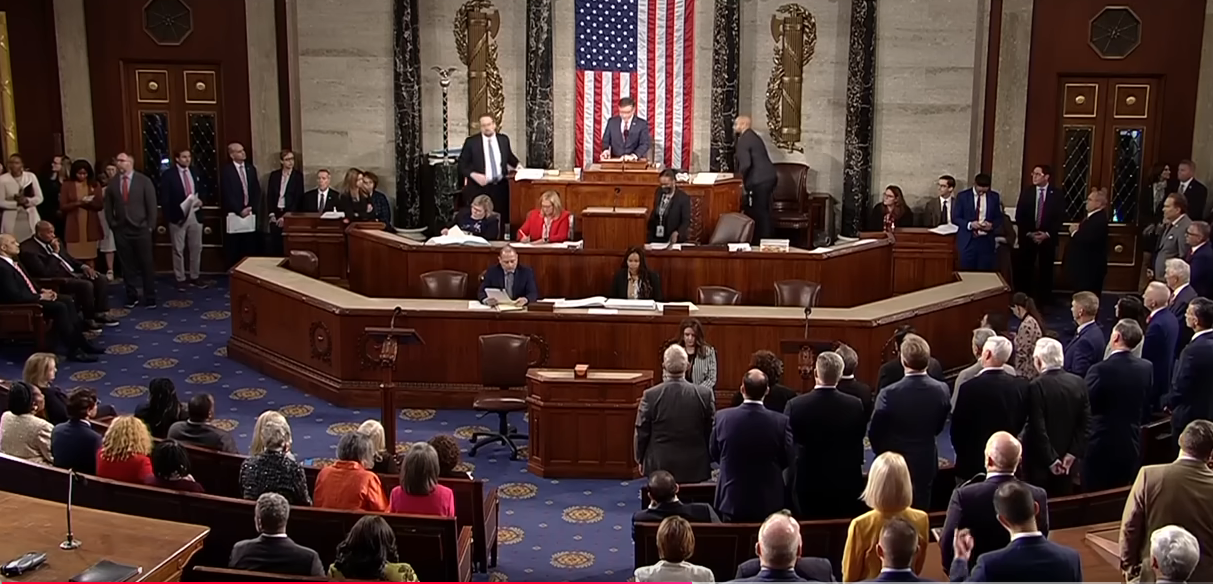Kwame Nkrumah shown with Kennedy during a state visit to the United States in 1961. The U.S. was already working to depose him.
In his classic work “Neocolonialism The Last Stage of Imperialism” Kwame Nkrumah, Ghana’s first post-colonial leader and one of the greatest Pan-African to have ever lived outlined how former European colonial powers would continue to dominate the continent unless a United States of Africa was created.
Nkrumah detailed the financial and military control that Europe, now joined by the United States, would exert over African countries to get them to toe the neocolonial political line. The military interventions that Nkrumah foresaw was best displayed by the destruction of Libya and the murder of its ruler Muammar Quaddafi by the United States and NATO. Nkrumah wrote his book in 1965; Libya was destroyed in 2011.
How good is this highly recommended book by Nkrumah? When it was published the United States canceled $25 million in aid, which is equivalent to about $250 million today. The U.S. State Department also wrote a formal letter of protest to Nkrumah.
Nkrumah argued, correctly, that only a United States of Africa, with a unified military command would provide the continent with sufficient power to enjoy full sovereignty and to control Africa’s natural and mineral resources for the benefit of Africa. The history of Africa since the 1960s has vindicated Nkrumah.
Nkrumah foresaw how small African countries would remain weak and dominated and face internal contradictions. A good example is Burkina Faso, which has now had three military interventions since 2014, when dictator Blaise Compaore, the murderer of Thomas Sankara, was deposed in a revolution.
This is what Nkrumah had to say about these small African countries, of which there are many: “Neocolonialism is based upon the principle of breaking up former large united colonial territories into a number of small non-viable states which are incapable of independent development and must rely upon the former imperial power for defense and even internal security.” Nkrumah also added: “Unless small states can combine they must be compelled to sell their primary products at prices dictated by the developed nations and buy their manufactured goods at the prices fixed by them.”
This indeed is the predicament faced by African countries and other parts of the world such as the Caribbean. They are countries that are marginalized, at the periphery, and located in a dominated position in the global capitalist system—providers of cheap raw materials and labor and consumers of products from the industries of the economically developed countries.
Nkrumah himself paid the price for his steadfast attempts to promote continental unity. The United States worked with elements of the Ghanaian military and police force to overthrow Nkrumah in 1966.
The recent coups in Burkina Faso, Guinea, Chad, and Mali are merely symptomatic of the essential problem Nkrumah critiqued: these are small non-viable states created by Europeans for the benefit of Europeans.
A United States of Africa is imperative.






